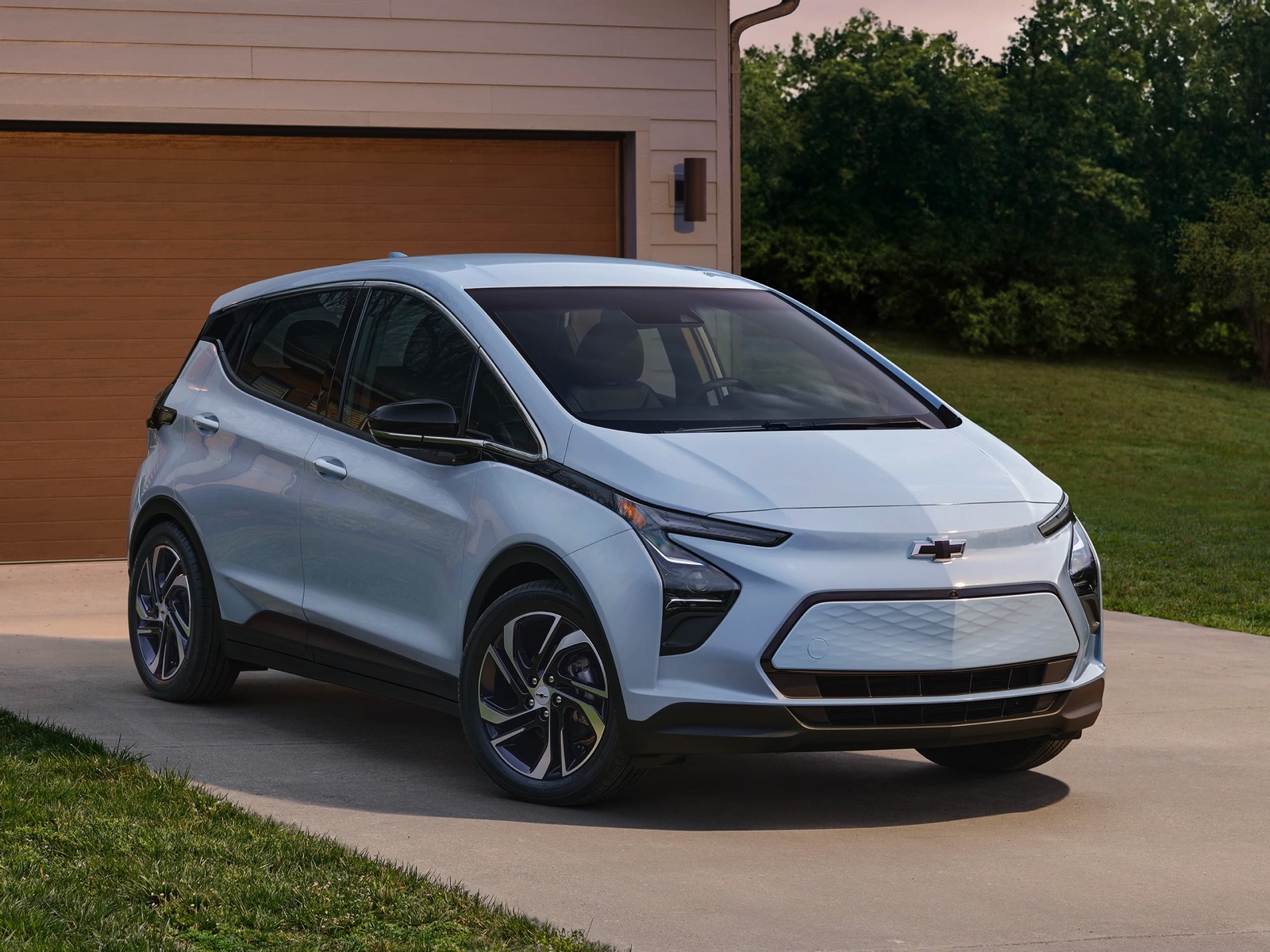The Internal Revenue Service (IRS) has released guidance on which electric vehicles qualify for the federal EV tax credit of up to $7,500. Under the inflation reduction act signed into law in 2022, there are now limitations and requirements based on where the vehicles are assembled and where their batteries are manufactured.
According to the ruling, only two Chevrolet electric vehicle models meet the sourcing requirements – the Chevy Bolt EV and the Chevy Bolt EUV. The Bolt EV is a compact all-electric hatchback that has an EPA estimated range of 259 miles on a full charge. The Bolt EUV is an electric compact utility vehicle with a range of 247 miles.
Unfortunately, General Motors has discontinued production of both vehicles for the 2023 model year due to the company transitioning to newer EV models. However, GM does plan to bring back a refreshed version of the Bolt EUV in 2025.
For buyers still hoping to get their hands on one of the eligible Bolt models, inventory could prove challenging to find. Using Carlist inventory search that aggregate dealer inventories nationwide could aid in locating any remaining new Bolt EVs or Bolt EUVs available.
With tax credits, these cars cost under $20,000. Compelling value proposition. But unfair if you expect performance like Tesla.
